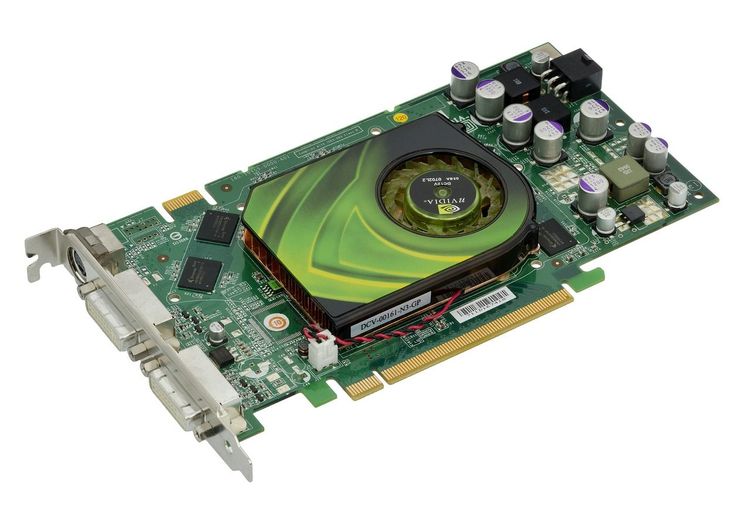Two months after his brief dismissal and subsequent reappointment by the OpenAI nonprofit board, CEO Sam Altman has adopted a noticeably tempered view regarding the advent of artificial general intelligence (AGI) at the World Economic Forum in Davos, Switzerland. During a conversation with Microsoft CEO Satya Nadella and The Economist editor-in-chief Zanny Minton Beddoes, Altman stated, “I don’t think anybody agrees anymore what AGI means.” He elaborated that when AGI is achieved, there may be initial panic, but ultimately, “humans will go back to do human things.” He described AGI as a “surprisingly continuous thing,” suggesting ongoing improvements rather than a sudden breakthrough, indicating “every year we put out a new model [that’s] a lot better than the year before.”
Previously, Altman shared his thoughts in a Bloomberg-organized discussion, noting that while AGI could emerge in the “reasonably close future,” its impact “will change the world much less than we all think and it will change jobs much less than we all think.”
In a February 2023 blog post titled “Planning for AGI and Beyond,” Altman had emphasized the potential dangers of AGI, warning that “a misaligned superintelligent AGI could cause grievous harm.” He cautioned that an autocratic regime with superintelligence could pose similar threats. Nonetheless, he also painted a hopeful picture, asserting that AGI could significantly advance humanity by enhancing economic abundance and accelerating scientific discoveries.
Altman’s views on AGI have evolved, with recent comments indicating a shift from his earlier, more alarming stance. He had previously hinted at the far-reaching capabilities of AI, suggesting it might soon surpass human intelligence in persuasion, leading to unexpected scenarios.
Altman’s latest remarks align with a newly restructured OpenAI board. Following his brief ousting, the board underwent significant changes, losing members who were particularly focused on monitoring AGI risks. The new board includes notable figures such as former Treasury Secretary Larry Summers and former Salesforce co-CEO Bret Taylor, alongside Microsoft, which now holds a nonvoting board seat.
During the Davos discussions, Zanny Minton Beddoes challenged Altman about OpenAI's charter, which states that the board will determine when AGI is achieved and that post-AGI commercialization would no longer follow existing agreements. Altman responded casually, suggesting that the board's role is to reconsider the implications of their decisions as circumstances change.
Nadella emphasized the need for joint efforts to ensure that future AGI developments yield positive outcomes while mitigating unintended consequences. He noted that global interest in AGI governance is rising, indicating that various stakeholders, including governments and civil society, will play crucial roles in shaping its future.
Minton Beddoes reiterated concerns regarding potential surprises from the OpenAI board, to which Altman responded with a light-hearted remark about learning from past experiences when the stakes were lower.
These developments suggest that the conversation around AGI is evolving, with key players like Altman and Nadella navigating the complexities of its future impact on society and the economy.







